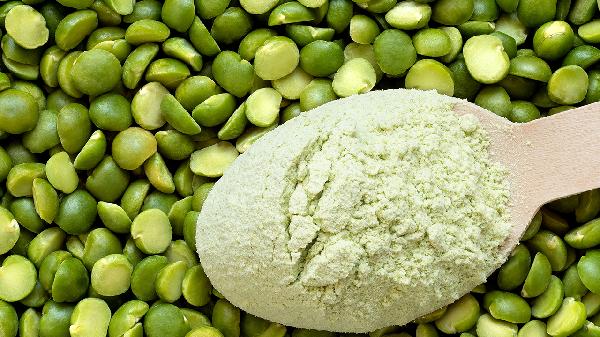If you're hitting the gym hard but not seeing the gains you want, your protein intake might be the missing piece. Protein is the building block of muscle, and without enough of it, your body simply can't repair and grow those gains. But how much protein do you actually need? That’s where a protein calculator comes in—no more guessing or following bro-science advice.

Why Protein Matters More Than You Think
Protein isn’t just for bodybuilders. Whether you're trying to lose fat, maintain muscle, or bulk up, getting the right amount of protein keeps your metabolism firing, your muscles recovering, and your hunger in check. Too little, and you risk losing hard-earned muscle. Too much, and you might be wasting money (or worse, stressing your kidneys unnecessarily).
A protein calculator takes the guesswork out by factoring in your weight, activity level, and fitness goals. No more blindly chugging shakes or eating endless chicken breasts—just science-backed numbers tailored to you.
How to Use a Protein Calculator Like a Pro
Most protein calculators ask for three key things:
1、Your Weight – The heavier you are, the more protein you generally need. But don’t worry—it’s not a linear scale.
2、Activity Level – A couch potato needs less than someone crushing CrossFit five times a week.
3、Fitness Goals – Cutting? Bulking? Maintaining? Your protein needs shift based on what you’re trying to achieve.
Plug in your stats, and boom—you’ve got your magic number. Most active people land somewhere between 0.7 to 1.2 grams of protein per pound of body weight, but the calculator will dial it in precisely.
Beyond the Numbers: Making Protein Work for You
Now that you’ve got your target, the next step is hitting it without turning every meal into a chore. Here’s how to keep it interesting:
Mix Up Your Sources – Chicken, fish, eggs, Greek yogurt, tofu, lentils—variety keeps meals exciting and ensures you get all essential amino acids.
Timing Matters (But Not as Much as You Think) – The "anabolic window" isn’t as strict as some fitness gurus claim, but spreading protein intake throughout the day helps with muscle synthesis. Aim for 20-40 grams per meal, depending on your total daily needs.
Supplements Can Help (But Aren’t Mandatory) – If you struggle to hit your protein goal, a scoop of whey or plant-based powder can save the day. Just don’t rely on shakes alone—real food should be your foundation.
Common Protein Pitfalls to Avoid
Even with a calculator, people make mistakes. Here’s what to watch out for:
The Bottom Line
A protein calculator is your shortcut to dialing in the right amount of fuel for your fitness goals. No more guessing, no more wasted effort—just optimized nutrition to help you build, recover, and perform at your best.
So go ahead, plug in your numbers, and start eating (and growing) smarter. Your gains will thank you.
























